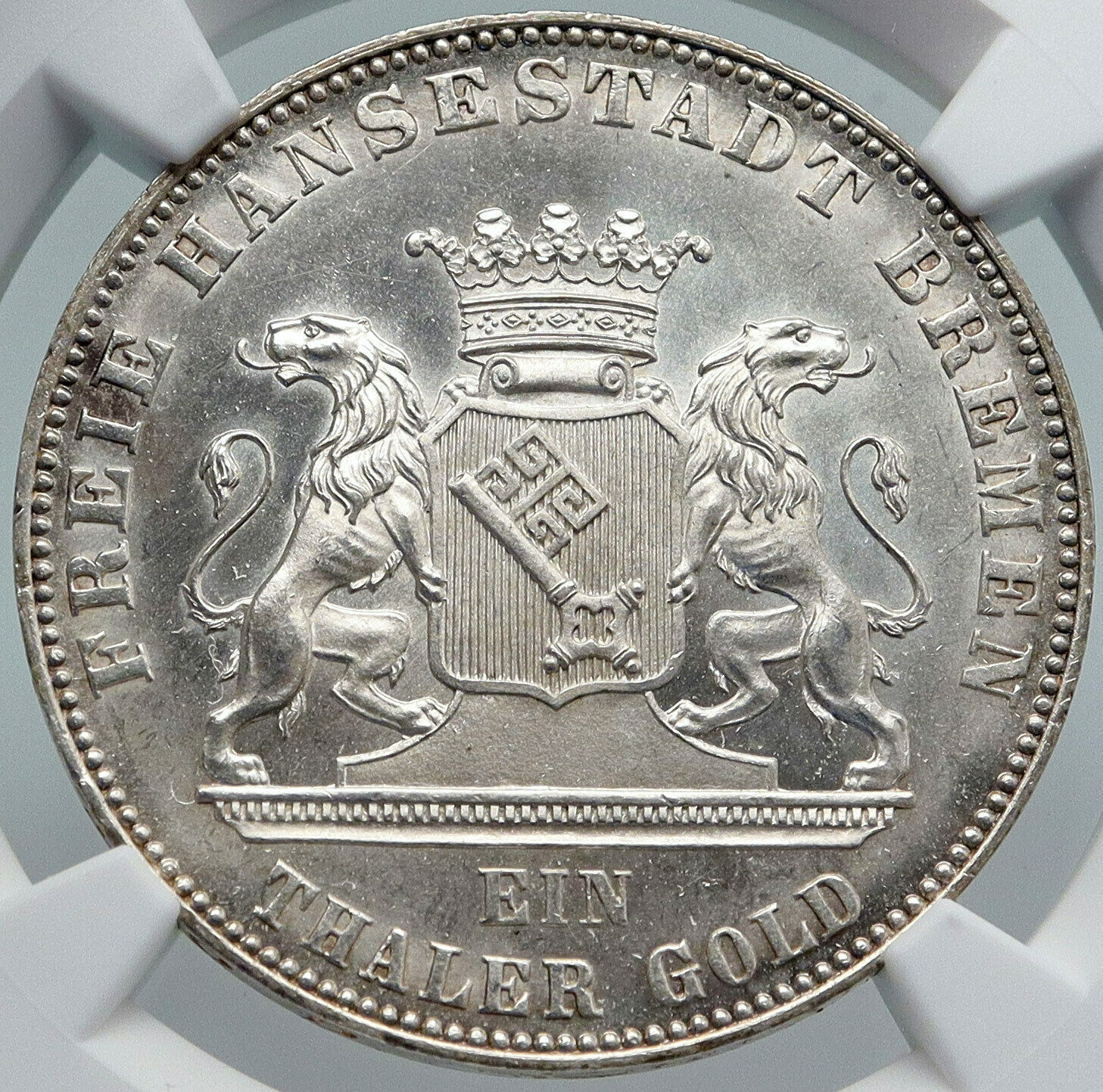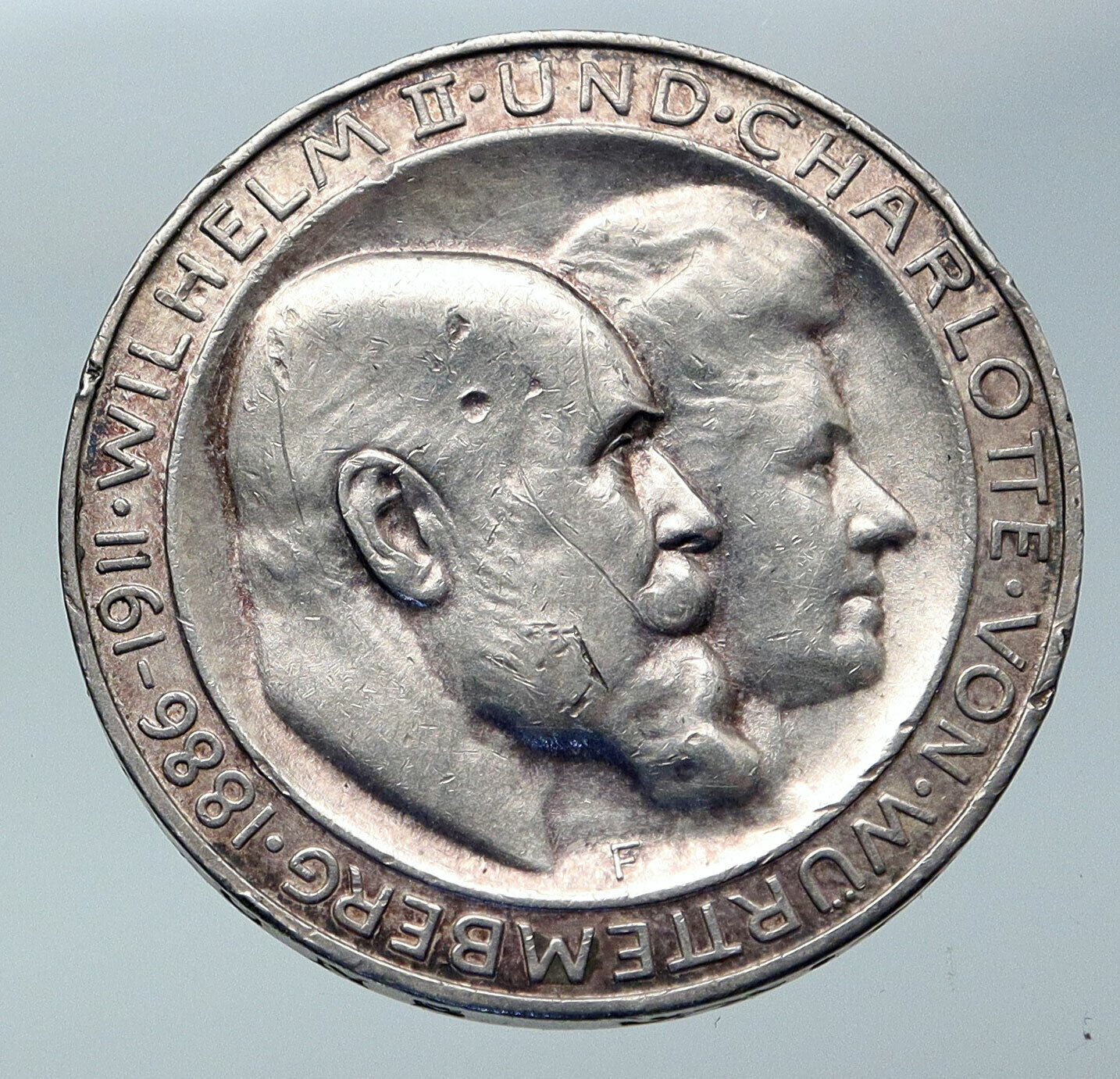|
Germany – German States. Electorate of Bavaria
Maximilian III, Joseph – Elector of Bavaria: 1745-1777
1776 Silver 10 Kreuzer 25mm (3.68 grams) 0.500 Silver
Reference: KM# 526, Hahn# 324, Previously KM# 239 (1763-77)
D G MAX IOS U B & P S D C P R S R I A & E L L, Maximilian facing right within laurel wreath.
IN DEO CONSILIUM 10, Crowned oval shield of 4-fold arms of Bavaria and Pfalz, with central shield of imperial orb, in baroque frame, laurel and palm branches on sides.
You are bidding on the exact item pictured, provided with a Certificate of Authenticity and Lifetime Guarantee of Authenticity.
Maximilian III Joseph (28 March 1727 – 30 December 1777) was a Prince-elector of the Holy Roman Empire and Duke of Bavaria from 1745 to 1777.
Born in Munich, Maximilian was the eldest son of Holy Roman Emperor Charles VII and his wife, Maria Amalia of Austria, daughter of Holy Roman Emperor Joseph I.
Upon his father’s death in January 1745, he inherited a country in the process of being invaded by Austrian armies (see War of the Austrian Succession). The 18-year-old Maximilian Joseph wavered between the Peace-party, led by his mother Maria Amalia of Austria and Army Commander Friedrich Heinrich von Seckendorff and the War-party, led by Foreign Minister General Ignaz Count of T?ring and the French envoy Chavigny. After the decisive defeat in the Battle of Pfaffenhofen on 15 April Maximilian Joseph quickly abandoned his father’s imperial pretenses and made peace with Maria Theresa in the Treaty of F?sen, in which he agreed to support her husband, Grand Duke Francis Stephen of Tuscany, in the upcoming imperial election. During the Seven Years’ War Bavarian forces then fought on the Habsburg side. Maximilian Joseph’s sister Maria Josepha of Bavaria was married in 1765 to Maria Theresa’s son Emperor Joseph II. But long-term weakening of Prussia was not in the Bavarian interest, as that country offered the only counterweight to the Habsburg monarchy. Maximilian Joseph tried, as far as possible, to keep Bavaria out of the wars. Apart from militia troops, he sent only a small force of 4,000 men to join the Austrian army. In 1758/1759 (only a year and half into the war), he withdrew Bavarian auxiliary troops from Austrian service. Together with the Wittelsbach Elector Charles Theodore of the Palatinate he enforced the neutrality of the Empire during the conflict.
Maximilian Joseph was a progressive and enlightened ruler who did much to improve the development of his country. He encouraged agriculture, industry, and exploitation of the mineral wealth of the country, and abolished the Jesuit censorship of the press. In 1747 the Nymphenburg Porcelain Factory was established, while the Codex Maximilianeus bavaricus civilis was written in 1756. In 1759, he founded Munich’s first academic institution, the Bavarian Academy of Sciences. During the severe famine in 1770 Maximilian sold some of the crown jewels to pay for grain imports to relieve hunger. In that year, he also issued an edict against the extravagant pomposity of the Church which contributed to the end of the era of Bavarian rococo. He also forbade the Oberammergau Passion Play. In 1771 the elector regulated general school attendance.
In December 1777 Maximilian Joseph rode in his carriage through Munich; on the ride, as he passed one of the tower clocks, the mechanism broke, and the clock struck 77 times. Commenting to the passengers, Max Joseph decided this was an omen, and that his years had run out. Within days, he was stricken with a strange disease. None of his 15 doctors could diagnose it, but by Christmas, it had become clear that it was a particularly virulent strain of smallpox, called “purple small pox” at the time.
By the last day of the month he was dead without leaving an heir. Maximilian III Joseph is buried in the crypt of the Theatinerkirche in Munich.
As the last of the junior branch of the Wittelsbach dynasty which derived from Louis IV, Holy Roman Emperor and had ruled Bavaria since early 14th century, Maximilian’s death led to a succession dispute and the brief War of the Bavarian Succession. He was succeeded by his distant cousin, the Elector Palatine Charles Theodore from the senior branch of the dynasty. Maximilian’s widow Maria Anna Sophia of Saxony and Maximilian’s sister Duchess Maria Antonia of Bavaria as well as Maria Anna of Palatinate-Sulzbach, the widow of the former Bavarian crown prince Duke Clement Francis of Bavaria negotiated with Prussia to secure Bavaria’s independence from Austria, which had invaded portions of the duchy immediately after the Elector’s death.
Maximilian III Joseph ordered in 1751 Francis de Cuvilli to construct the splendid rococo Cuvilli? Theatre and in 1755 the Stone Hall of Nymphenburg Palace. He also ordered to decorate some rooms of the New Schleissheim Palace in rococo style.
Wolfgang Amadeus Mozart was received by Maximilian III Joseph, who was like his sister Maria Antonia Walpurgis of Bavaria skilled in music and composed, but due to a need for strict frugality no post could be offered. In 1775 La finta giardiniera, an Italian opera by Wolfgang Amadeus Mozart, received its first performance at the Salvatortheater in Munich.
In 1770 Maximilian III Joseph established the precursor of the Academy of Fine Arts in Munich.
  Germany, officially the Federal Republic of Germany is a federal parliamentary republic in western-central Europe. It includes 16 constituent states and covers an area of 357,021 square kilometres (137,847 sq mi) with a largely temperate seasonal climate. Its capital and largest city is Berlin. With 81 million inhabitants, Germany is the most populous member state in the European Union. After the United States, it is the second most popular migration destination in the world. Germany, officially the Federal Republic of Germany is a federal parliamentary republic in western-central Europe. It includes 16 constituent states and covers an area of 357,021 square kilometres (137,847 sq mi) with a largely temperate seasonal climate. Its capital and largest city is Berlin. With 81 million inhabitants, Germany is the most populous member state in the European Union. After the United States, it is the second most popular migration destination in the world.
Various Germanic tribes have occupied northern Germany since classical antiquity. A region named Germania was documented before 100 CE. During the Migration Period the Germanic tribes expanded southward. Beginning in the 10th century, German territories formed a central part of the Holy Roman Empire. During the 16th century, northern German regions became the centre of the Protestant Reformation.
The rise of Pan-Germanism inside the German Confederation resulted in the unification of most of the German states in 1871 into the Prussian-dominated German Empire. After World War I and the German Revolution of 1918-1919, the Empire was replaced by the parliamentary Weimar Republic. The establishment of the Third Reich in 1933 led to World War II and the Holocaust. After 1945, Germany split into two states, East Germany and West Germany. In 1990, the country was reunified.
 In the 21st century, Germany is a great power and has the world’s fourth-largest economy by nominal GDP, as well as the fifth-largest by PPP. As a global leader in several industrial and technological sectors, it is both the world’s third-largest exporter and importer of goods. Germany is a developed country with a very high standard of living sustained by a skilled and productive society. It upholds a social security and universal health care system, environmental protection and a tuition free university education. In the 21st century, Germany is a great power and has the world’s fourth-largest economy by nominal GDP, as well as the fifth-largest by PPP. As a global leader in several industrial and technological sectors, it is both the world’s third-largest exporter and importer of goods. Germany is a developed country with a very high standard of living sustained by a skilled and productive society. It upholds a social security and universal health care system, environmental protection and a tuition free university education.
Germany was a founding member of the European Union in 1993. It is part of the Schengen Area, and became a co-founder of the Eurozone in 1999. Germany is a member of the United Nations, NATO, the G8, the G20, and the OECD. The national military expenditure is the 9th highest in the world. Known for its rich cultural history, Germany has been continuously the home of influential artists, philosophers, musicians, sportsmen, entrepreneurs, scientists and inventors.
|






 Germany, officially the Federal Republic of Germany is a federal parliamentary republic in western-central Europe. It includes 16 constituent states and covers an area of 357,021 square kilometres (137,847 sq mi) with a largely temperate seasonal climate. Its capital and largest city is Berlin. With 81 million inhabitants, Germany is the most populous member state in the European Union. After the United States, it is the second most popular migration destination in the world.
Germany, officially the Federal Republic of Germany is a federal parliamentary republic in western-central Europe. It includes 16 constituent states and covers an area of 357,021 square kilometres (137,847 sq mi) with a largely temperate seasonal climate. Its capital and largest city is Berlin. With 81 million inhabitants, Germany is the most populous member state in the European Union. After the United States, it is the second most popular migration destination in the world. In the 21st century, Germany is a great power and has the world’s fourth-largest economy by nominal GDP, as well as the fifth-largest by PPP. As a global leader in several industrial and technological sectors, it is both the world’s third-largest exporter and importer of goods. Germany is a developed country with a very high standard of living sustained by a skilled and productive society. It upholds a social security and universal health care system, environmental protection and a tuition free university education.
In the 21st century, Germany is a great power and has the world’s fourth-largest economy by nominal GDP, as well as the fifth-largest by PPP. As a global leader in several industrial and technological sectors, it is both the world’s third-largest exporter and importer of goods. Germany is a developed country with a very high standard of living sustained by a skilled and productive society. It upholds a social security and universal health care system, environmental protection and a tuition free university education.




